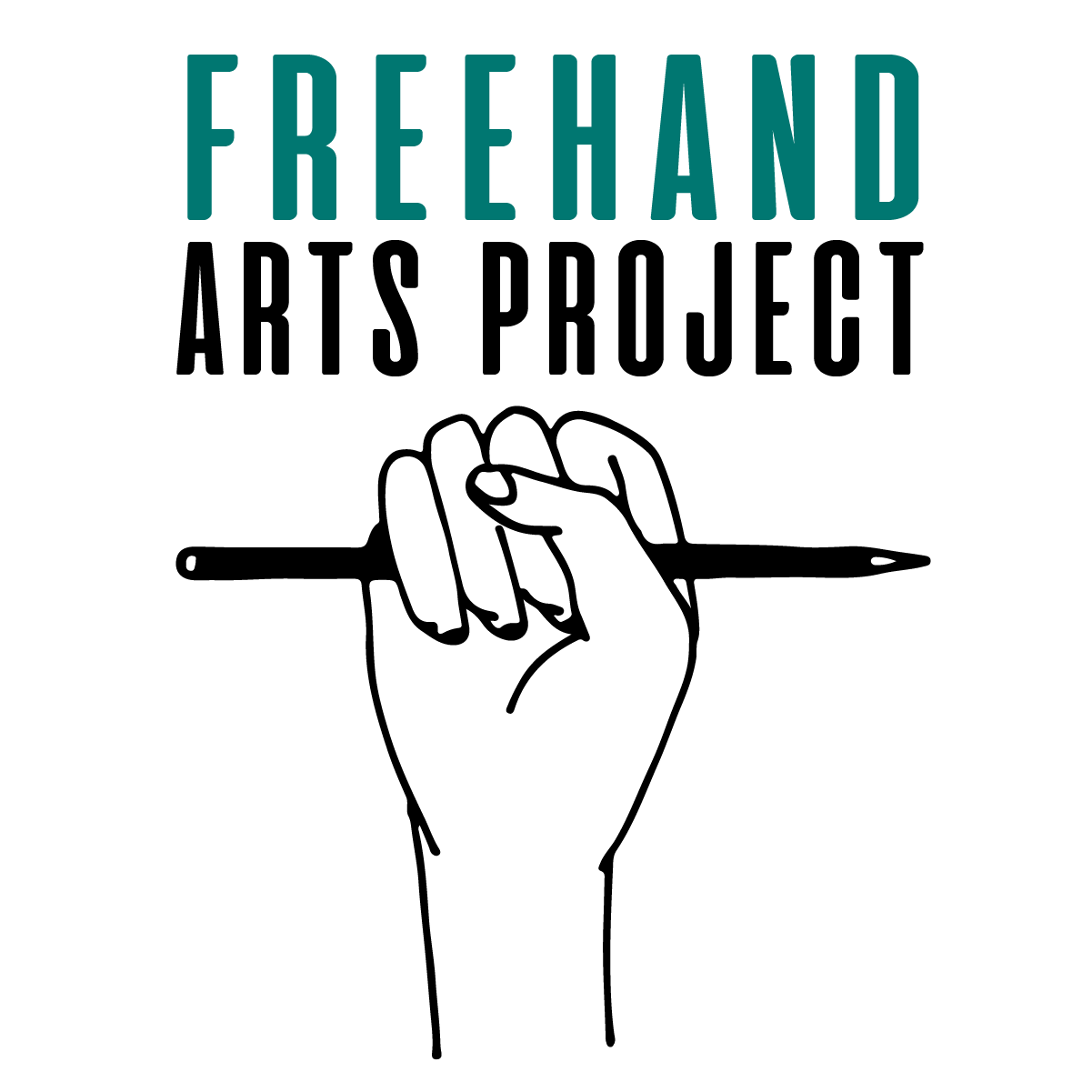Every Day is a Zombie Apocalypse
In my first creative writing class at the jail, a student wrote about the origin story of this caged version of herself. The reason she was in jail – and everyone in our class, too – was because of:
a zombie apocalypse.
An infectious disease was wiping out the human race, she explained. And so, survivors, like her and her classmates, were rounded up and put in jail for their own protection. She spoke of how zombies on the outside had taken over a world ravaged by pain and mindlessness. This, she continued, was what led to her new, gray cage in here.
I don’t remember everything she created in this story exactly, but I remember her saying that even though it sounded crazy, when she was trying to go to sleep at night, this was the only thing that made her feel not crazy. I have a picture of her in my mind shaking her head and shrugging her shoulders her standard-issue scrubs with blocks of black and white and muted orange crocs. In my notes from class, I wrote this is the only way that jail could make sense.
She laughed while sharing her story in class. All her classmates nodded and laughed, too. I left the jail that day thinking how her writing had been a hit.
You have to come up with a new conception of humanity to grapple with not being allowed full-length pencils or any pens, barely having access to tampons, listening to constant chatter, yelling, and crying. You have to invent “laws of gravity,” I wrote in my comments, to start world-building.
I’ve told this story to friends, family, curious strangers when I talk about teaching at the jail. I’ve half-joked for three years that a zombie apocalypse happens everyday.
---
I share this anecdote not only because of its relevance, but because there are so many facets of its equal-parts-beauty-and-sorrow-all-at-once. Reading, storytelling, myth-making, and writing thrive in this kind of climate of complexity, where governments, businesses, and billionaires cannot.
I’ve been kneading this story in my hands while I go on walks and see more people in my East Austin neighborhood strolling on the sidewalk and zipping in bike lanes than ever before, while I drift through vacant parking lots, while I type emails to prepare for the time when programming starts up at the jail again, while I click on Zoom invites, while I scrub soap into suds for the fifth time in a hour. (While I yell at my phone watching celebrities sing “Imagine.”)
What I’m left with:
The zombie apocalypse was a brilliant, explanatory tool for this woman. An existential one, even. The kind each of us can turn to anytime, anywhere.
The zombie apocalypse has always been happening for different people over varying timelines. It has been happening in ways that shut people off from the world, separate families, exploit the vulnerable, and canonize the wealthy.
I have no time for celebrity gimmicks.
Science offers the best metaphors. Although metaphors are never the point, they help us arrive to one – sometimes more efficiently than data, and less alienatingly than personal experience.
This new “now” may mean inventing new “laws of gravity” to start world-building – that re-calibrates different people over varying timelines into one humanity with a shared timeline.
The stories we tell ourselves in the empty space carved out by loss is more than a lullaby.
From my sunny patch of Earth to yours, thanks for reading.
